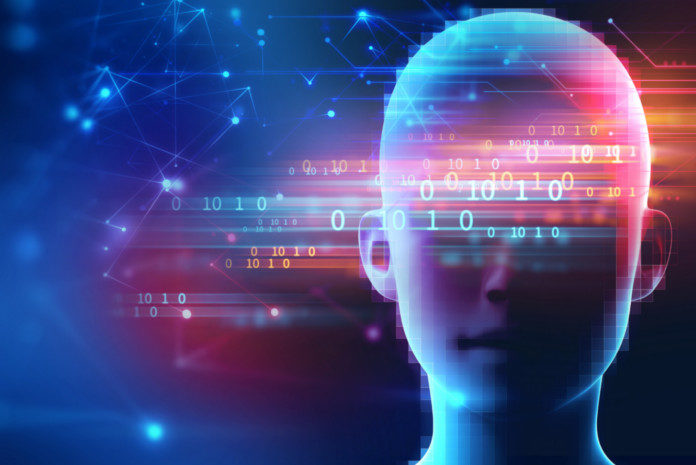Over the last decade, new technological advancements have impacted our industries, economies and lifestyles. Now as we prepare to enter a new decade, we pondered how engineers will build upon those technologies and improve our society for the better. IEEE Impact Creators share their predictions for what this year might hold.
Blockchain will become commercialised
Blockchain has impacted how we bank and share currency globally. But IEEE Senior Member Shawn Chandler predicts that blockchain will seep into other industries and become more commercialized with the help of IoT. “Blockchain is gaining a new foothold in industry and IoT thanks to the efforts of entrepreneurs and business innovators envisioning its use far beyond its beginnings as a ledger for virtual currency,” said Chandler, adding, “We’ll see new uses for blockchain as it’s leveraged to provide a basis for secure, transparent and redundant business finance, government, healthcare, energy and many other industry computing solutions.”
A new frontier: Asteroid mining in space
“Asteroid mining will advance our space exploration and harvest new resources,” said IEEE fellow Karen Panetta, adding, “This includes building space depots on the moon and asteroids that can refuel or manufacture parts right in space via robotics that operate autonomously and can repair each other without any human operators.”
5G will become more widespread
5G will bring faster data speeds, quicker response times and connect to more devices. “We will be witnessing a more widespread commercial deployment of 5G in 2020,” said IEEE Senior member Babak Beheshti, adding, “With the implementation of the standalone 5G devices based on the 3gpp release 16, we should be seeing more robust mobile broadband deployment of 5G, wider availability of 5G smartphones and a push towards all 5G networking in select urban areas around the world.”
Voice AI conversations will be more authentic
If you’ve ever tried to enter a dialogue with Siri or Alexa, you probably realized their ability to respond to commands, but not so much in the way of great conversation. “Natural Language Processing algorithms will become more sophisticated while also broadening their training data set, improving human to AI exchanges and making them less disjointed and more realistic,” said IEEE member Carmen Fontana, adding, “With more authentic AI conversations, we provide opportunities to better the human experience by ministering to senior citizens, the mentally ill and other groups that traditionally benefit from increased interaction.”
Cities will invest in technology for more efficiency
Smart cities are only as smart as the citizens who live there, and 2020 will see a greater trend for better urban planning from their inhabitants. “Cities can work to implement things like bike lanes, community spaces and even things like e-scooters, but without public buy- in, these investments will become more of a hassle than a step forward on the road towards smart cities,” said IEEE Graduate Student Member Paige Kassalen, adding, “In 2020, people will start to realize their role in creating smart cities of the future.”











